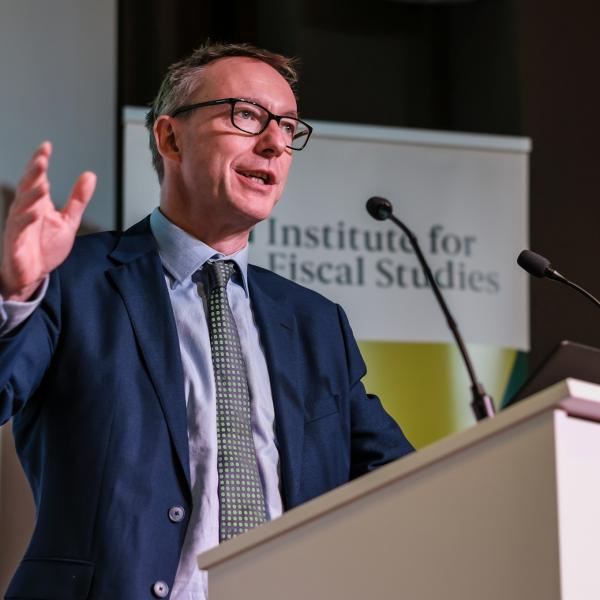Skills are the foundation of human capital. They are the tools that a person can use to effectively solve problems and face new challenges, and they not only include knowledge or abstract reasoning, but also personality traits, beliefs and even physical dexterities. This report shows that having more skills implies getting a better job and being more productive, being physically and mentally healthier, participating more actively in society, completing more years of education, more life satisfaction, among other aspects of personal wellbeing.
This report also emphasizes that, unlike the human capital measured by years of education, skills for work and life are not only developed through formal education. The family, the physical and social environment (the neighborhood or community) and the labor market are also contexts of crucial importance in the accumulation of skills.
For more information on the reports please click here.
Speaker
Lucila Berniell is a Research/Principal Economist in the Socio-economic Research Department at CAF. In her research, she seeks to understand the formation of human capital in developing countries, with the aim to help design and evaluate public policies to foster skills development. She has worked on education, health, entrepreneurship, and labor programs for the youth, and has co-authored several academic articles and books on her fields of specialization. She holds a Ph.D. in Economics from Universidad Carlos III de Madrid (Spain). She is currently teaching at Universidad Torcuato Di Tella and at Universidad Nacional de La Plata (Argentina).









